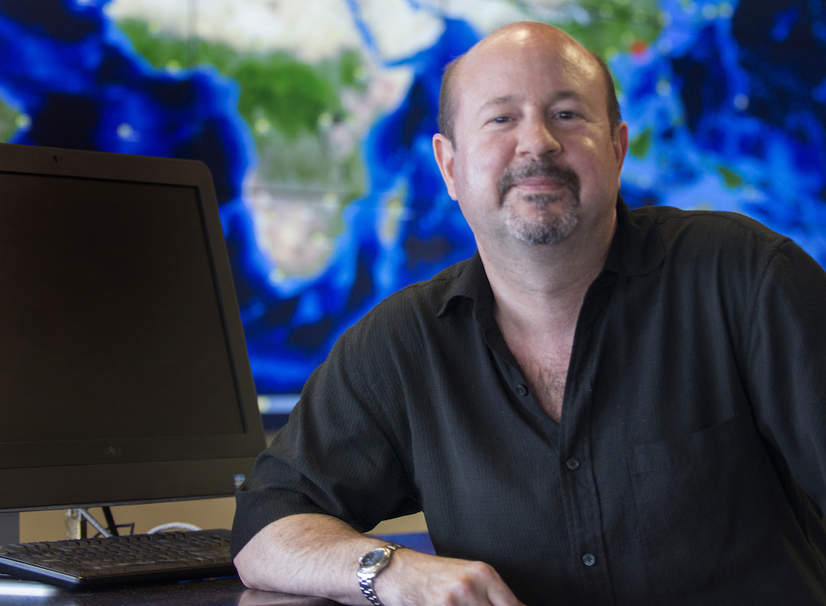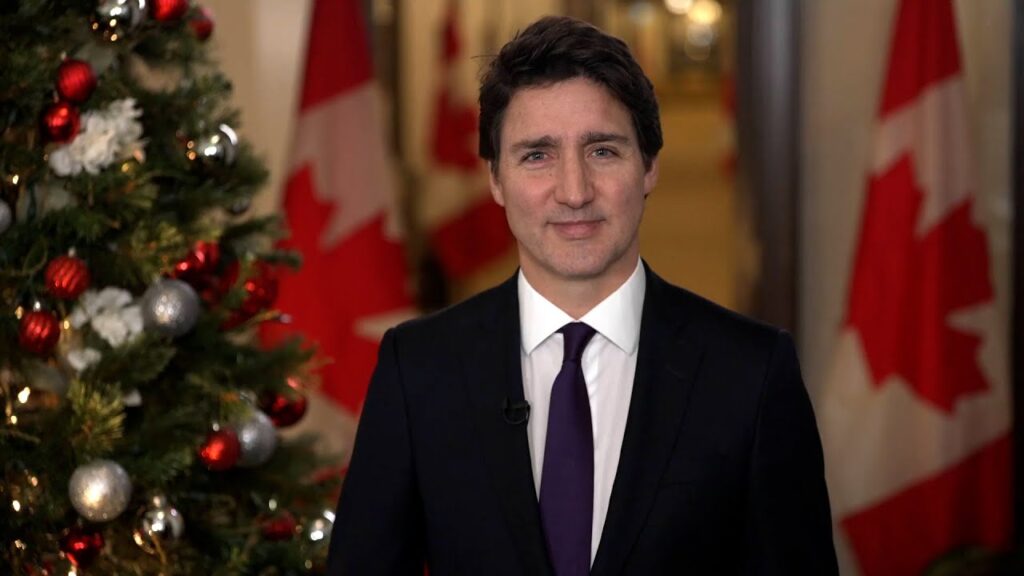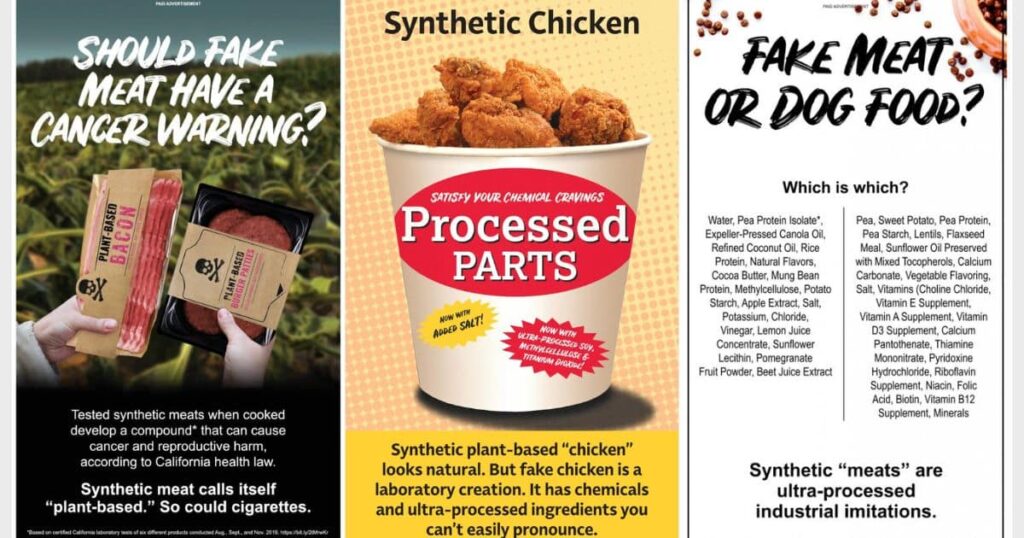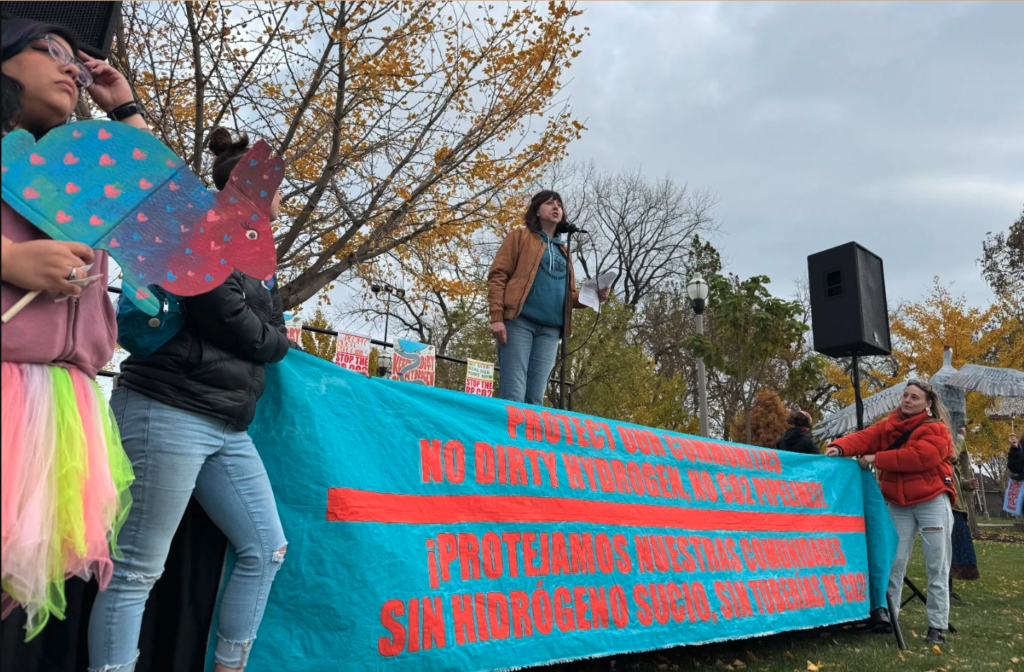By Michael Mann
Nearly a decade ago, in late 2009, a server at the University of East Anglia was hacked and thousands of emails from the university’s Climatic Research Unit were subsequently released in the run-up to the Copenhagen climate talks. Within these thousands of emails, climate change deniers attempted to cherry-pick a few sentences to falsely suggest scientific malfeasance. This so-called “Climategate” incident managed to briefly cast doubt on the public’s acceptance of the scientific realities of climate change. But ultimately, numerous investigations found there was no wrongdoing, and the media storm was found to only have a fleeting public impact.
I have discussed the manufactured scandal in the context of the larger industry-funded, bad faith attack on climate science in my book The Hockey Stick and the Climate Wars.
In increasingly desperate attempts to recreate this short-lived machination, there have since been repeated efforts to obtain my and other climate scientists’ emails via fishing expeditions through misuse of the legal system. Led by David Schnare, one coal-funded group masquerading as a think tank — which currently goes by the name of Energy & Environment Legal Institute (E&E Legal) — brought a lawsuit in Virginia seeking to obtain virtually every email I had ever sent or received during the six years I was a professor at the University of Virginia.
The case was struck down by the Virginia Supreme Court, but E&E Legal has continued to essentially relitigate the matter in friendlier forums. E&E Legal targeted two other prominent climate scientists at the University of Arizona, Jonathan Overpeck and Malcolm Hughes (the latter being one of my longtime co-authors), seeking a total of 13 years of emails from them, including correspondence with or about me or my research.
Much of the litigation over scientists’ emails is done via state open records laws. These laws, which (nobly) allow taxpayers to request copies of government records, have been misused by anti-science groups to target scientific research. Unfortunately, hostile groups have attempted to use these laws to conduct witch hunts by requesting years and years of emails from public university professors. In response to this abuse by both conservative and liberal groups, many states have started implementing reforms and clarifying that university research should be awarded certain protections under open records laws. But for the states which have not yet caught up — such as Arizona — it has a destructive and chilling long-term impact on public universities and their faculty.
It impedes the abilities of public university researchers to pursue collaborative research with private universities, and damages the ability of public universities to compete for recruitment of the best minds. Given a choice between subjecting oneself to effectively being watched by “Big Brother” at a public university, or avoiding all of this at a private university, who would choose the public university?
I have spent much effort in the years since “Climategate” explaining why scientists’ research correspondence needs to be protected from legal bullying. Anyone who truly cares about the research can and should review the published papers and underlying data, directly evaluating a study’s methodologies, analyses, and conclusions. But seeking thousands of emails serves only to stifle collaboration and discourage the frank, creative exchange of ideas, and chill the candor needed during the confidential peer review process.
Why request emails then? Because it provides opportunities for hostile groups to take phrases, including scientific jargon, out of context in order to mislead and confuse the public. And because the time-intensive demands of legal review and litigation diverts time, energy, and resources away from science.
This is not mere conjecture; these outcomes were observed during “Climategate” and replicated many times since. Unfortunately, in the recent Arizona case, the judge seemingly did not understand the importance of protecting scientific research and ordered the release of thousands of my colleagues’ emails — and by extension, many of my emails I exchanged with them.
E&E Legal has called climate scientists “alarmists” and claims to have a mission of “free market environmentalism.” It has argued that researchers should be forced to turn over every email in the name of “transparency.” (Interestingly, however, E&E Legal does not offer up its own emails or, more importantly, the names of its funders.)
I have fought repeatedly to protect myself and other researchers, and our emails, from groups like E&E Legal who have no interest whatsoever in legitimate scientific discourse but instead seek to misrepresent and malign scientists in an effort to undermine the public’s faith in climate science.
E&E Legal will no doubt post the Arizona emails once they receive them, distributing them online with a series of misleading and disingenuous mischaracterizations, choosing a few phrases here and there to misrepresent me and other scientists and to falsely accuse us of all manner of misdeeds.
Consequently, I am sharing my emails here (enter “mail_guest” for both username and password). Moreover, a group of independent climate science experts have gone through the emails providing context for interpreting the exchanges and discussions contained within.
To see context notes, click the link at the bottom of an email:
Of course, I wish I did not need to do this.
But since these emails will be handed over any day now to David Schnare, it is our hope to use this exercise instead as a teaching moment and an opportunity to further public appreciation and understanding of science, by
(a) using these emails to show how scientists are making an honest and diligent effort to understand the science underlying Earth’s climate system,
(b) showing how scientists are engaged in the good-faith give-and-take that is central to the scientific enterprise, which includes appropriate skepticism and critical assessment not only of other scientists’ work but our own, as evident through internal deliberations between the scientists, and
(c) demonstrating the understandable frustration that scientists have with those who intentionally misrepresent them and their research for the purpose of advancing an ideological agenda.
– Dr. Michael Mann
Main image: Dr. Michael E. Mann, Credit: Photo by Patrick Mansell
Subscribe to our newsletter
Stay up to date with DeSmog news and alerts








